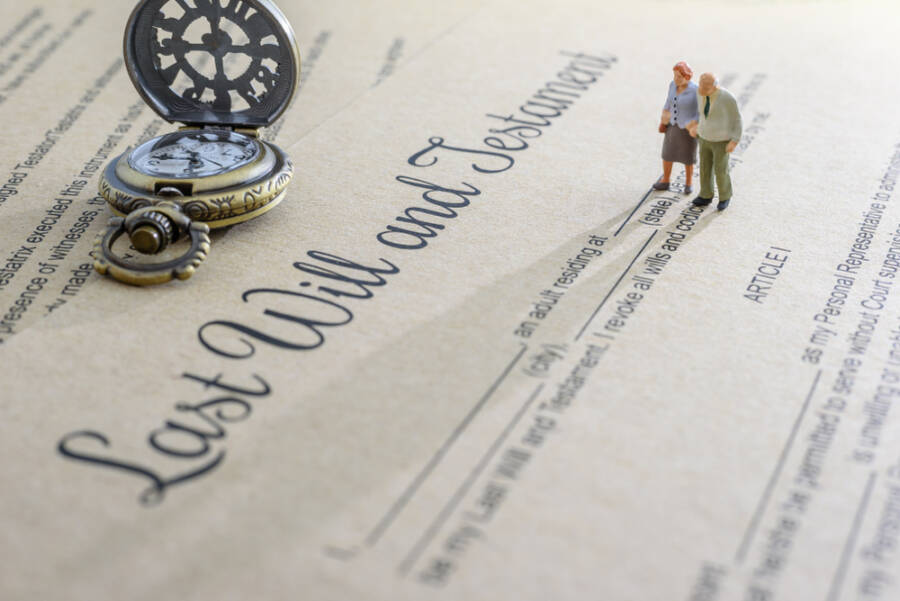Check out these retirement tips for no-kids couples and secure your future like a PRO.
We’re all getting older; this is something that we can’t seem to prevent (at least for now anyway). However many people rely on their kids for emotional and financial support. According to a statistic, 1 in 4 Americans rely solely on their family as they age.
While the assumption isn’t exactly wrong, what should those who don’t have kids do? Probably end up in some low-cost nursing home. Not if they take care of their finances and follow some of these retirement tips for no-kids couples.
You might think this is not true, but a total of 23% of the nation’s population over the age of 60 doesn’t have children, and this percentage is likely to rise in the near future because younger generations choose not to have kids.
Financial advisors caution that there is no certainty that your children will be able or willing to provide for you in retirement. Making plans as though you’ll be living alone is the safest way to approach retiring. If you are one of these people, take a look at these retirement tips for no-kids couples.

Ask yourself: what is your biggest retirement goal?
If you don’t have children, your retirement plan may solely focus on personal growth and experiences. We didn’t mean to rush you; take your time to think about what you want to do. In other words, how do you picture the perfect retirement?
Having an idea of your objectives can help you plan your finances, whether they are volunteering, traveling the world, or starting a new hobby. Being free of the responsibility of raising grandchildren allows you to travel more and save more money for the things that are important to you.
If you’re not sure what to do, you can also talk to a financial expert to give you a little guidance regarding retirement years.
Begin to prioritize your financial situation
When it comes to retirement tips for no-kids couples, taking more care of your finances is a huge one. Make a list of all of your investments, savings, and retirement accounts. Take into account your monthly spending as well as any unpaid bills. Determining how much you need to save for retirement requires a thorough understanding of your current financial situation.
Next, consider your ideal retirement lifestyle. Take into account costs for entertainment, hobbies, travel, and medical care. You might be able to allocate your retirement funds more freely if you don’t have any children to support. The secret to a successful retirement plan is establishing reasonable financial objectives based on your preferred lifestyle.
Don’t forget to account for unplanned costs like home repairs or medical emergencies. A sizeable emergency fund can act as a safety net for finances in unexpected circumstances.
Think about long-term care
About 70% of people over 65 will require long-term care at some point in their lives, and almost half of them will require paid care, according to the U.S. Department of Health and Human Services.
What then happens to people who don’t have children to look after them? If you don’t have children to rely on for care in your later years, it’s necessary to look into other resources and support networks. Look into assisted living facilities, community programs, and local caregiving services that can offer support when required.
Since most insurance policies increase significantly in price as you age, one of the best retirement tips for no-kids couples is to begin early to think about insurance. If you ever need home health services or have to move into a nursing home, the coverage could relieve some of the financial strain.
Additionally, you can try forming strong connections with others to help fight loneliness and give you a sense of community when you retire. Build an active social life and partake in pursuits that cultivate deep connections.
If the thought of going to an assisted living facility scares you, you can also rely on changes you can make to your home to improve accessibility and safety.
Try and boost your savings
As previously mentioned, having your money without depending on kids or other relatives is great. Start thinking about your golden years and try to maximize all your monthly contributions to IRAs, 401(k), or any other pension plans that you have in mind.
To be sure you are maximizing your profits, talk to a financial expert to help you create a plan tailored to your needs and goals.

Think about your legacy
Estate planning is a sensitive topic but an important one to have in mind as we age. Those without children have different estate planning needs. Since they haven’t had to pay for raising children, they might have more money to spend, but they might also be less worried about what will happen to their fortune in the absence of clear descendants.
Talk to an attorney and decide who you would like to inherit your wealth and how you can help people or causes that are important to you. You could set up charitable trusts, give money to causes you care about, or leave a lasting impact through charitable work. Of course, we don’t want to influence your decision; this must be solely up to you.
…But don’t forget to take care of yourself as well!
We’re talking about finances, obligations, taxes, and saving funds, but retirement isn’t only about money. This new chapter is also about nurturing yourself, exploring new hobbies, growth, and peace. After working more than 30 years at 9 to 5 (or more) jobs, you deserve to chill and enjoy life.
To meet like-minded people and create a sense of community, join book clubs, social groups, or recreational leagues. Prioritize self-care and well-being in retirement more than anything else. There is no point in having a full account if your health isn’t exactly top-notch. Go to regular medical check-ups, and focus on staying active as much as possible, even if it’s a yoga session or a 2-hour-a-day walk in a park.
Stay in touch with your loved ones, friends, and family to build a solid and trustworthy network.
Think about where and how you want to age
Considering the fact that you don’t have kids, it’s important to think about your golden years and how you want to live them. You will be relocating to a warmer state? Are you thinking about downsizing but staying in the same town?
Ask yourself these questions, discuss your future with your partner, and then consult a professional. It’s necessary to be proactive about taxes, investment strategies, retirement changes that may occur over time, and other factors that could impact your financial planning.
Reading this article made you feel a little bit overwhelmed? There is no need for you to feel like that. For those who are keen to explore this topic more in-depth, we have a book recommendation. Essential Retirement Planning for Solo Agers: A Retirement and Aging Roadmap for Single and Childless Adults provides a thorough guide with strategies for creating a secure and fulfilling retirement that is specifically designed for people who are aging without children. You’ll be happy to know it comes in four different formats on Amazon, perfect for every kind of reader!
You may also want to take a look at 6 Signs You Are NOT Ready for Retirement.

















